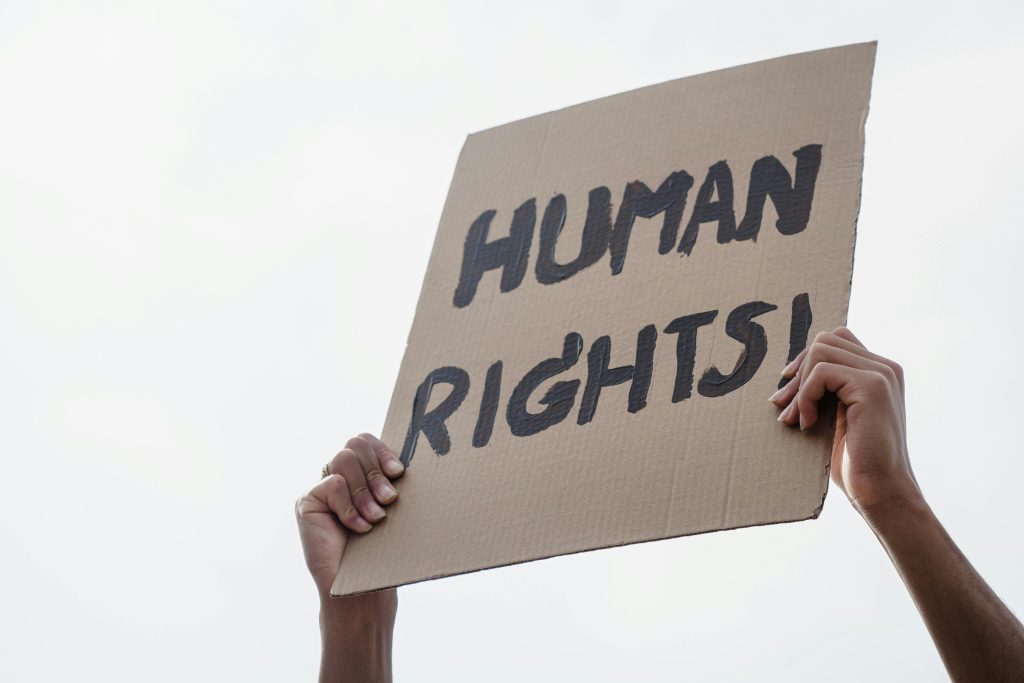
The year was 1945. I was 10 years old that year, old enough to understand the horror of Hiroshima, to remember the newspapers showing young soldiers with limbs amputated, to learn about the holocaust, to watch the pain of our neighbour’s children when their father, a prisoner of war, returned a different man, a man needing care in a psychiatric hospital.
People throughout the world were devastated about the accumulation of pain. Leaders of 51 nations from across the planet gathered to lament the carnage of World War II. They grieved together and together made a pact to do all in their power to avoid such a thing happening again.
We the peoples of the United Nations [are] determined
To save succeeding generations from the scourge of war which
twice in our lifetime has brought untold sorrow to mankind, and
To reaffirm faith in fundamental rights, in the dignity and
worth of the human person, in the equal rights of men and women
and of nations large and small…
The document to shape a human rights movement was ready to be signed by 10 December 1948. Ever since that day, 10 December has been celebrated as Human Rights Day. The declaration has been translated into 577 languages. The message is clear.
Among people experiencing unjust persecution this could be, and often is, a thread of hope.
As I write this, daily news reports on our screens show images of human suffering and grief so horrifying that the presenter warns that the content ‘may be’ upsetting. Yet somewhere in that ghastly chaos, there are those who move in and provide food, shelter and safety if that is possible. They offer dignity. It may be a war zone in a distant land, it may be a prisoner locked in a cell crying for help, ‘I can’t breathe’. It may be a child locked for hours in an adult prison. It may be a family fleeing persecution.
Dignity, mutual respect and compassion are surely needed; we speak up for this in any way we can. For those who are inspired by the Spirit of Mary MacKillop and Julian Tenison Woods, words such as these sit well.
Decades before we used the term human rights, Julian Tenison Woods constantly wrote to the press about injustices. He visited Coranderrk, a settlement of courageous First Nations People who demonstrated that they could be self-sufficient on a very small piece of their own country. The ‘Protector’ refused to permit this. Julian wrote: ‘What… shame it is. The colony is reckless in its expenditure on far less urgent objects’. (The Australasian, 2 November 1867)
Decades before we used the term human rights, Mary MacKillop gave sound advice to her Sisters as they considered where they could best focus their efforts. She suggested that they go to ‘the poorest and most neglected parts of God’s vineyard’. In her own life, Mary MacKillop made that choice many, many times. ‘Go first to the poorest.’ Listen to them. Learn from them. The dignity of each person is important.
In 1990, New Zealand, joining with many nations across the world, legislated a Bill of Rights. It is designed to ensure a balance between the parliamentarians, the judges and the administrators, each with a clear role to play in the discussion and debate before legislation is enacted. It is reported that viewing legislation through the prism of human rights gradually changes the dialogue in parliament and in media.
Fifteen years ago, the federal parliament of Australia came close to a similar Charter of Rights but it was not legislated. Nevertheless, there is still energy for challenge and change. The Australian Capital Territory legislated a Human Rights Act in 2004, the Victorian state parliament legislated a Charter of Human Rights and Responsibilities Act in 2006.
Momentum builds slowly. My country has an Australian Human Rights Commission. Though parliament is not obliged to listen, it consistently speaks out when rights are endangered. It is positive in promoting solutions. Why not celebrate Human Rights Seventieth Anniversary by following this link! The exact issue that concerns you most may well be on the front page, or the next.
I hold to those three words: dignity, mutual respect and compassion.
Joan Healy rsj
